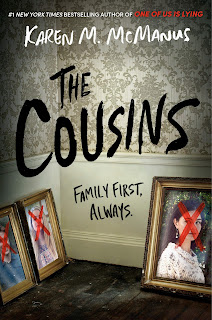The most expressive set of paintings I encountered was A Rake's Progress. It in many ways parallels Tom Jones' life; a young man set out in the world with good opportunity and finds mischief in its vices. This set of pictures allows the "reader" to be invited into personal, private spaces and gives credibility to the artist as one to portray the truth. A Rake's Progress does not suppress, as each painting contains numerous stories in an instantaneous moment. For example, the third painting shows a brothel with each individual captured in a moment; women tend to their customers, they drink, and even steal. The reader does not doubt that he/she is looking upon the truth; these intimate seconds feel authenticate, as they are scenes not favorable when discussing any person (orgy, chase by debters, and etc.). It would take an omniscient presence to capture the scene properly, with all the details included. This means that the author is all-knowing.
In Tom Jones, the story is told from a 3rd person perspective, with the narrator constantly chiming in when necessary. Fielding alludes to writing as nourishment, noting that his is serving "up the first course of our history for their entertainment" (31). While the narrator may be admitting that this novel is for entertainment, not too much later he attempts to relay only the truth: "As we determined, when we first sat down to write history, to flatter no man, but to guide our pen throughout by the direction of truth" (103). Is this a story of truth or fiction? The reader is left to guess.
It is this sincerity for the truth and the denial of perfection that both interests and repels me. Obviously this is a work of fiction, but the role of the narrator at times feels too much. "...and here I must intermeddle with affairs, or works, which no ways concern them"(33). I think Fielding does meddle more than necessary, but if only to demonstrate the nosiness that the reader must feel on occasion. After observing orgies and reading about scandal, I certainly feel as if I've received too much information.
Fielding, Henry . Tom Jones. 3rd ed. New York: Oxford University Press, 2008. Print.
Photo 1- http://en.wikipedia.org/wiki/A_Rake's_Progress
Photo 2-http://en.wikipedia.org/wiki/Henry_Fielding


No comments:
Post a Comment